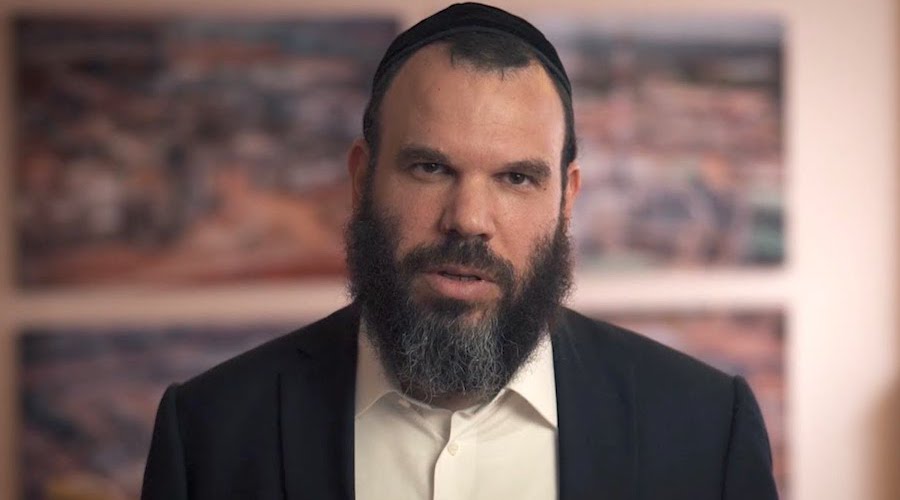Congo backs billionaire Gertler’s bid to end US sanctions

The Democratic Republic of Congo will assist Dan Gertler’s effort to be taken off the US sanctions list as part of a settlement ending an international arbitration case brought by the Israeli billionaire over the ownership of two oil blocks.
Gertler was sanctioned in 2017 by the US Treasury for “hundreds of millions of dollars’ worth of opaque and corrupt mining and oil deals” in Congo under the previous administration of President Joseph Kabila.
According to Andre Wameso, President Felix Tshisekedi’s deputy chief of staff for economic matters, under the terms of the settlement, Gertler will return assets potentially worth billions of dollars to the state in exchange for the reimbursement of expenses and Congo’s assistance in Gertler’s attempt to end the sanctions. Wameso declined to provide a copy of the agreement, citing a confidentiality clause. A spokesman for Gertler’s holding company Ventora also declined to provide a copy, saying its publication was up to Congo and Gertler supported whatever decision the government made.
“We will say to the Americans we have no more problem with Mr. Gertler,” Wameso said in an interview in the capital, Kinshasa, last week. “There’s no obligation” for Congo to get Gertler off the sanctions list for the rest of the settlement to take effect, he said.
Relinquish rights
Gertler first came to Congo in 1997 and struck up a friendship with Kabila that led to billions of dollars worth of investments in minerals and oil. He worked closely with mining giants Glencore Plc and Eurasian Natural Resources Corp. — now part of Eurasian Resources Group — and will retain his lucrative royalty streams in copper and cobalt projects owned by the companies as part of the settlement.
Gertler’s relationship with the two firms led to trouble for all three parties. Besides the complications caused by the companies’ ongoing business relationships with a sanctioned person, ENRC and Glencore both face investigations by the UK’s Serious Fraud Office into their conduct in Congo. Glencore is also under investigation by the US Department of Justice. ENRC denies any wrongdoing and has not been charged. Glencore is cooperating with U.S. authorities.
Gertler also denies wrongdoing and has never been charged. A spokesman for Ventora said the royalty streams for ERG’s Metalkol project and Glencore’s Mutanda and KCC mines were acquired “in an entirely normal way.”
Along with the two oil blocks, Gertler will also relinquish rights to gold and iron-ore permits for about 240 million euros ($254 million) in compensation for expenses, Wameso said last month.
Gertler will pay about 249 million euros to state miner Gecamines for one of the royalty streams as part of the deal, which will be mostly offset by a loan Gecamines took from Gertler in 2017 that is now valued at 192 million euros with interest, Wameso previously said.
“This agreement comes at a considerable cost of about $2 billion to Mr. Gertler and his companies, but also ensures high potential assets are not left in development limbo in international arbitration, which is in no one’s interests,” the Ventora spokesman said.
The U.S. sanctions helped get Gertler to negotiate, Wameso said.
“Dan Gertler didn’t do this because he’s an angel. He did this because he was also under sanctions and his back was against the wall,” Wameso said. “I wish the United States would sanction more people like that. It would help the DRC make the same out-of-court settlement that it’s made with Dan Gertler and get its assets back.”
NGOs object
Congo’s civil society has split over the agreement. About 30 representatives from various non-governmental organizations who met with Wameso and other presidential advisers to discuss the deal earlier this month signed a document seen by Bloomberg that was broadly supportive of the accord. Others who attended the meeting have rejected the settlement as too generous to Gertler and have criticized the government for not publishing the agreement.
A coalition of Congolese and international NGOs known as Congo is Not for Sale called parts of the settlement “quasi-immoral” in a statement last week, saying “that the agreement doesn’t include any compensation for the enormous previous losses and damages suffered by the DRC as a result of the acts of corruption for which Mr. Dan Gertler was sanctioned,” losses it calculates at almost $2 billion.
“The refusal to publish this agreement by the government risks setting a precedent that other companies will be able to refer to as a model for not publishing agreements in the future,” thirty-two NGOs said in a statement Friday under the banner of the Coalition for the Governance of Public Enterprises.
Congolese law requires the publication of natural-resource contracts, but not a settlement in an arbitration case, Wameso said.
“Full disclosure of the agreement is for the government of the DRC, a sovereign country,” the spokesman for Ventora said. “We will support whatever decision the DRC makes.”
Gertler has owned a number of assets that are not included in the deal, including rights to zinc, copper and manganese projects that the Ventora spokesman said he previously sold, leaving him with no physical assets in the country. The spokesman didn’t provide more details about the sales.
The settlement has a clause that allows Congo to go after other projects owned by Gertler if it turns out they weren’t included in the deal, Wameso said.
“If we discover there are other mining assets that weren’t part of the agreement, there will be a new agreement to take back these assets,” he said.
(By Michael J. Kavanagh)
{{ commodity.name }}
{{ post.title }}
{{ post.date }}




Comments